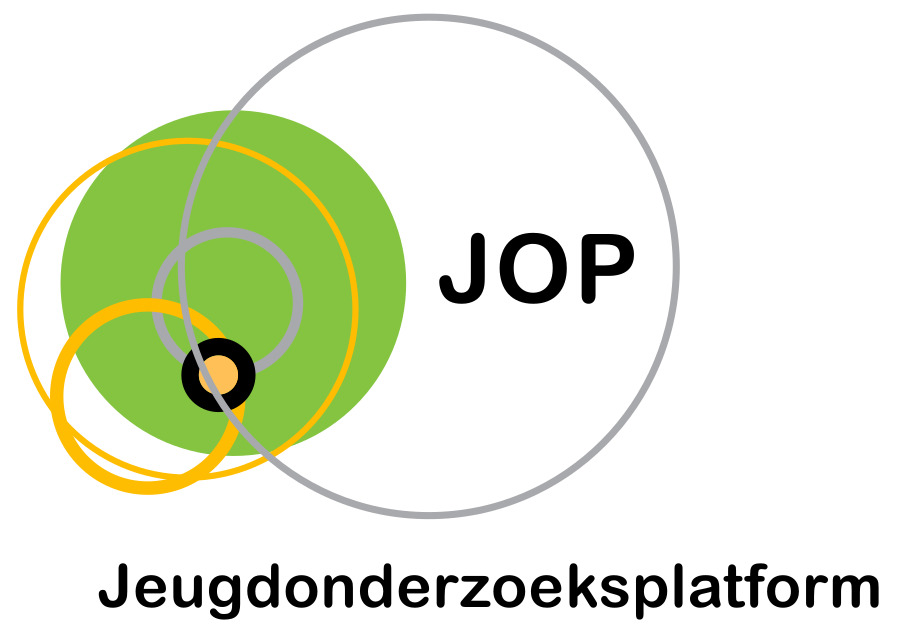Social Media and Young People’s Sexualities: Values, Norms, and Battlegrounds
Auteurs
De Ridder, S. (2017)

Abstract
Dit artikel onderzoekt hoe jongeren seksualiteit begrijpen in de context van sociale media, waarbij zowel de materiële als de symbolische werking van sociale media in beschouwing wordt genomen. Dit artikel is gebaseerd op 14 focusgroepen (n = 89, uitgevoerd in 2012 en 2015) met jongeren tussen 14 en 19 jaar oud in Nederlandstalig België, en is gebaseerd op de discussies, betekenissen, waarden en normen van jongeren over seksualiteit en sociale media, gesitueerd in de peergroupsetting van het dagelijks leven. De resultaten tonen aan hoe jongeren sterke waardeoordelen vellen over seksualiteit in de context van sociale media en hoe ze een scherp hiërarchisch systeem gebruiken om een onderscheid te maken tussen “goede” en “slechte” seksuele praktijken in sociale media. Jongeren putten dus uit essentialistische seksuele ideologieën. Dit artikel bespreekt deze waardeoordelen niet alleen in relatie tot hoe sociale media functioneren, maar ook in relatie tot de symbolische operaties van sociale media, namelijk hoe deze van betekenis zijn voor de seksualiteit van jongeren. De rol van sociale media wordt besproken in relatie tot de bredere culturele dynamiek van de veranderende seksuele cultuur van jongeren, die gekenmerkt wordt door risico, verzet, individualisering en mediatisering. Het artikel concludeert hoe de consistente behoefte van jongeren om waardeoordelen te vellen over seksualiteit in de context van sociale media kan wijzen op een conservatisme dat wordt gedreven door de overweldigende rol van sociale media in de cultuur en samenleving. Sociale media zijn een cruciaal strijdtoneel geworden voor seksuele politiek; ze moeten serieus worden genomen als ruimten die waarden en normen over seksualiteit produceren en bepalen welk soort seksualiteit wordt ondersteund, onderdrukt of gedisciplineerd.
This article explores how young people are making sense of sexuality in the context of social media, considering social media’s material as well as symbolic operations. Drawing on 14 focus groups (n = 89, conducted in 2012 and 2015) with young people between 14 and 19 years of age in Dutch-speaking Belgium, this article is informed by young people’s discussions, meanings, values, and norms on sexuality and social media, situated in everyday life peer group settings. The results argue how young people are making strong value judgments about sexuality in the context of social media and how they use a sharp hierarchical system to distinguish between “good” and “bad” sexual practices in social media. Therefore, young people draw on essentialist sexual ideologies. This article discusses these value judgments not only in relation to how social media functions but also in relation to social media’s symbolic operations, namely how they are meaningful for young people’s sexualities. The role of social media is discussed in relation to broader cultural dynamics of young people’s changing sexual cultures, which are characterized by risk, resistance, individualization, and mediatization. The article concludes how young people’s consistent need for making value judgments about sexuality in the context of social media may point to a conservatism that is driven by social media’s overwhelming role in culture and society. Social media have become a crucial battleground for sexual politics; they need to be taken seriously as spaces that produce values and norms about sexuality, deciding what kind of sexualities are supported, repressed, or disciplined.
Referentie
De Ridder, S. (2017). Social Media and Young People’s Sexualities: Values, Norms, and Battlegrounds. Social Media + Society, 3(4).
Taal
Engels
Publicatievorm
Tijdschriftartikel
ISBN – DOI
https://doi.org/10.1177/2056305117738992
Trefwoorden
Youth, sexuality, social media, focus groups, values
